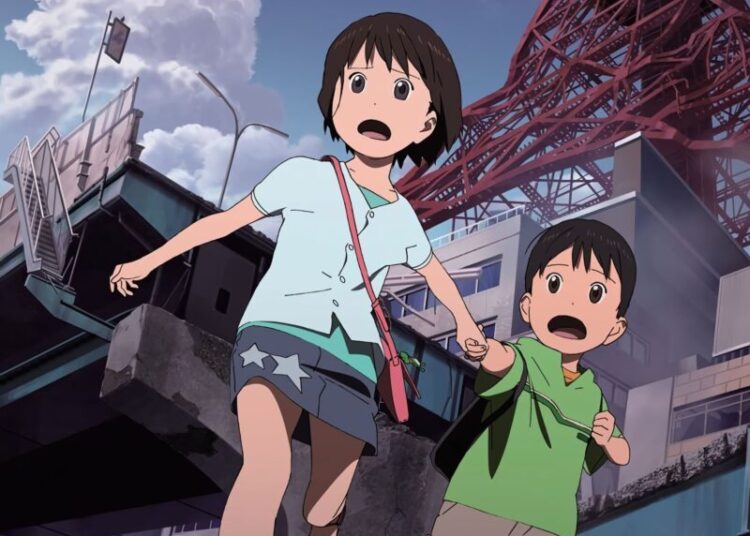I’ve written before about how Japanese is based on syllables rather than individual sounds, meaning you can express ka, ki, ku, ke and ko but not “k” by itself, and writing or saying the English word “weekend” can become quite a complex affair (it becomes something like oo-EE-koo-EN-doh). This is where the famous thick accents Japanese sometimes have when speaking English come from, and the strange “poverty” of available sounds means there’s a higher instance of unrelated words having the same pronunciation (homonyms), which can get in the way of communication. There are quite a few examples, like the words for “public” and “private” schools having the same pronunciation (shiritsu) despite their opposite meanings, or the words for “science” and “chemistry,” which are both kagaku (though the kanji are different of course). Another example in physics (which my son loves) is the word for the nucleus of an atom (kaku) is the same as the electron shell that electrons move around (also kaku). And now a new inconvenient linguistic accident: the word for someone who’s been exposed to radiation, as in the case of the unfortunate people living near the Fukushima reactor, is hibakusha, which happens to be the same as the word for the victims of the atomic bombs dropped duing World War III (again, though the kanji are different). Hibakusha is a word with 60 years of historical baggage attached to it, and I’m surprised they didn’t find a less prolematic term for this new situation.(By the way, you know Japan is getting back to normal when Peter starts writing about linguistics again. )
Earthquakes in Japan! What Happens When Japan Experiences a Disaster?
Japan started the year off on a sad note as a major earthquake struck the country on Jan 1st. Let's...















